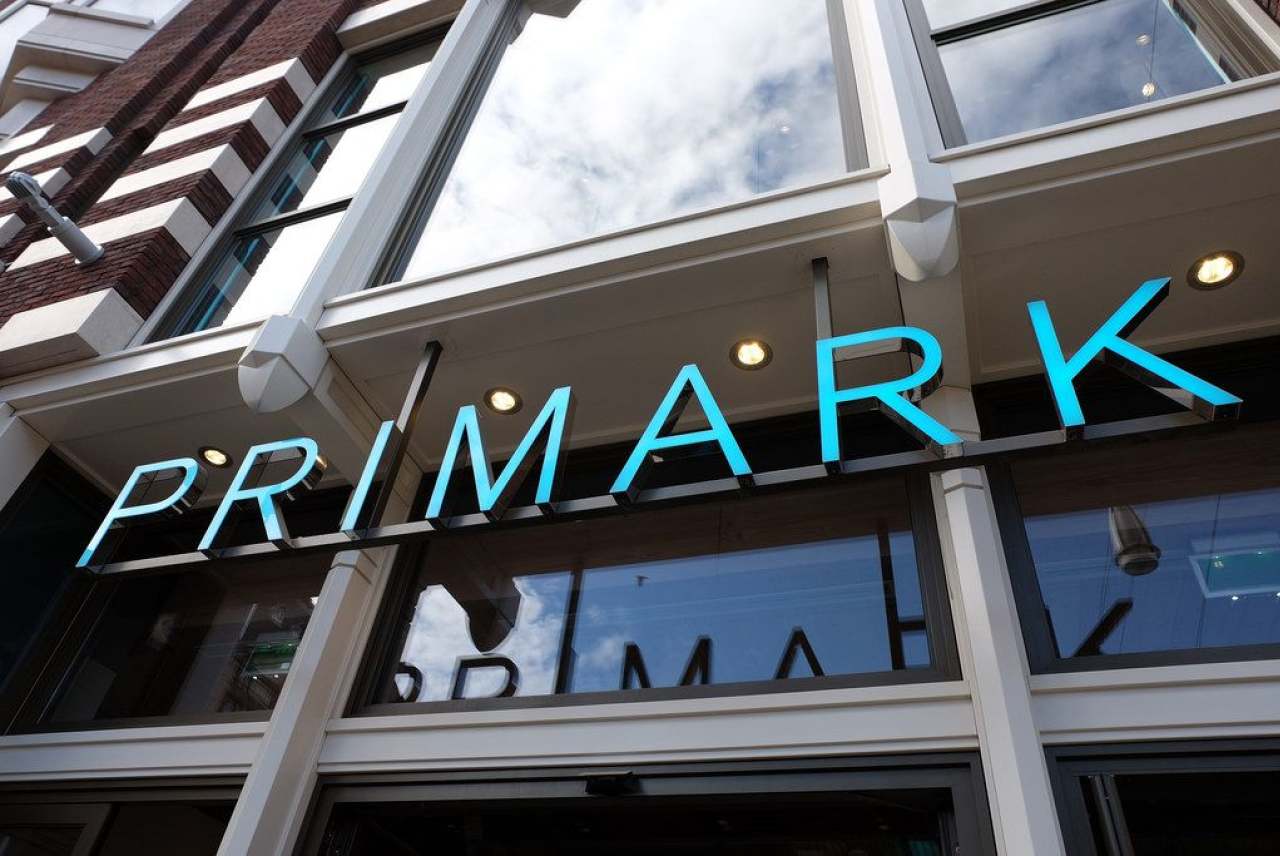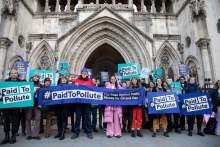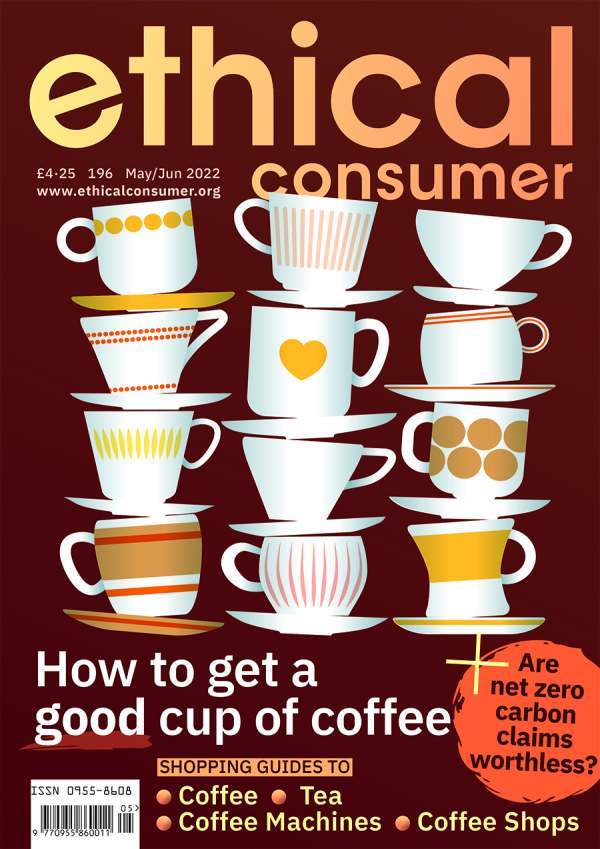The Vulnerable Support Chains Facility will channel £4.85m in UK aid and £2million from businesses into improving conditions in agriculture and garment supply chains, and will focus on Myanmar, Bangladesh, Kenya, Uganda, Ethiopia, Tanzania, Rwanda and Ghana.
The fund is intended to make workplaces safer, and it aimed at ensuring that supply chains can continue to provide the UK with goods throughout the coronavirus pandemic.
The announcement follows ongoing criticism of fashion brands for their treatment of those within their supply chains since the outbreak of Covid-19. UK fashion brands have cancelled millions of pounds worth of orders, contributing to mass lay-offs in many countries supplying clothing to the UK.
Concerns have also been raised about the unsafe conditions for those continuing to work in sweatshops during the pandemic. Campaign group Labour Behind the Label said that some factories had “remained open without enough safety measures, meaning that garment workers are risking their lives for their jobs.”
Why aren’t brands protecting workers?
The government says that conditions may be improved for an estimated 320,000 workers. Yet, critics are questioning why public money is needed to ensure safe conditions for those producing for mainstream brands.
“Supply chains are not vulnerable by chance, but rather by design,” Labour Behind the Label points out.
“The brands receiving funding, participate in a system that actively seeks out production in countries with low wages and poor workers rights. Supply chains have actually been built to protect brands whilst limiting obligations to suppliers, leaving workers in precarious, low-paid employment. It is deeply concerning that DIFID funding, intended to end extreme poverty, will be funnelled into brands which have a track record of prioritising profit over the people who make their clothes.”
The charity TRAID also tweeted criticising the fact that the UK aid budget was being: “given to corporations to do things they should be doing anyway - like ensuring workers don't get coronavirus and have decent working conditions -… [and] being redirected and redefined to benefit UK consumers.”
Questions have also been raised about the particular recipients of the fund, which includes companies implicated in workers’ rights abuses and tax avoidance.






